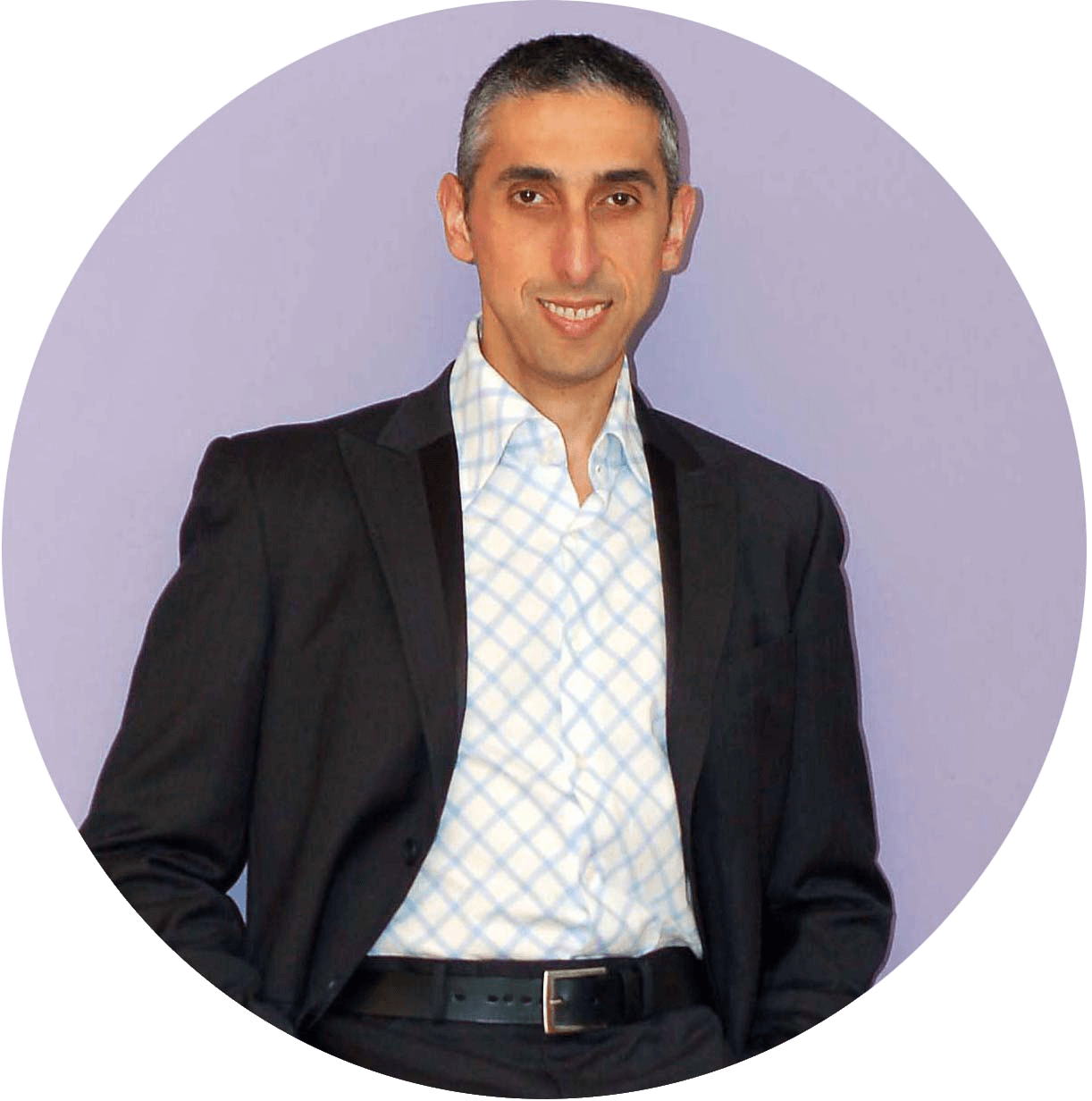I want to introduce you to an idea that may change your attitude towards desire.
Before we begin, think about something you’ve been striving for. It may be a new career, improving your financial situation, being in a committed relationship or something else. Close your eyes and think about your desire before you continue reading. If you haven’t already attained it, what do you think is the primary reason? Similarly, why do you want it? What will it bring to your life?
Here’s another provocative idea: Most of us don’t really know what we want. We think we know; our desire stems from a belief that attaining our desire—whatever it may be—will make us happy. And maybe it does, for a short time.
But what happens when the joy wears off? Well, naturally, we go looking for the next thing to make us happy. We get caught in a cat-and-mouse game, without stopping to consider our motives.
I’m inviting you to re-engineer the process and begin at the source—with yourself. Go deep within and try to understand why you want what you want. What will it give you once you have it? Who will you be once you’ve attained it? Will you be happier? If so, what then?
Accepting What Is
“Letting go gives us freedom, and freedom is the only condition for happiness. If, in our heart, we still cling to anything — anger, anxiety, or possessions — we cannot be free.” — Thich Nhat Hanh
Allow me to offer you this idea, that may help you to reframe the pursuit of happiness through our wants. It is this: The key to our happiness lies in accepting WHAT IS. When we can accept what we have and who we are, we diminish our suffering. This is not a new idea; in fact, is it ancient wisdom. In Buddhism, desires are considered the root of all suffering, and when those desires go unfulfilled, we suffer even more. It requires moving into a state of gratitude for what we have. When we stop trying to be happy, we will be happy. It is the wanting, the needing, and the restless desire for something we don’t have that creates suffering. Are you with me? Are you beginning to see that your suffering originates from a longing for something you don’t have?
To put this another way: Our happiness should not be contingent on having our external needs fulfilled. I’ve written many articles and books over the years asserting that happiness is an inside-out job. It requires changing the beliefs we have about happiness and aligning with our authentic selves.
To take this idea a little further: When we focus on what we don’t have, we create an energy of lack which, paradoxically, moves the very thing we want away from us. I’m not suggesting we shouldn’t have desires—desire is part of the pulse of life. What I am suggesting is that we stop obsessively chasing after what we want. Because the more we want something, the more we focus on it and in so doing, we create an energy of absence, of lack.
The key to getting what we want lies in the art of detachment, which means separating ourselves from our desires. So, irrespective of whether we attained it, we will be happy.
To use a simple analogy: imagine a pond of water. If we stir the water with a stick, it becomes agitated and murky. The water becomes dense and hazy and it’s impossible to see the bottom. But if we stop churning the water, the sediment settles, and the water regains its clarity.
Attaining happiness is the same. If our minds are constantly agitated, focused on achieving desires outside of ourselves, it becomes impossible to simply be with what is, to recognise and lean into the happiness we already have. We need to shift our attention and find that still, clear place within, that place of contentment and gratitude for what we already have.
The Art of Surrender
“As soon as you stop wanting something, you get it.” ― Andy Warhol
But let’s also get real here. The fact is, we all have desires, we all have wishes and dreams and hopes for something that lies beyond our immediate grasp. So, how do we navigate the search for contentment and happiness in our lives?
It requires us to acknowledge and accept our needs but not be attached to when and how they will be fulfilled. In other words, to stop white knuckling our desires and instead to allow the energy around our wants to flow. It requires a degree of surrender, of trust.
And here’s the thing: Often, when we release our grip on an all-consuming desire—perhaps because we ran out of energy to keep holding on so tightly—the very thing we have wished for with such fervency suddenly makes its way into our life. This has happened to me many times throughout my life. This is the art of detachment. The lesson here is to stop obsessing over what we don’t have, what we want, and to allow it to flow into our lives when the time is right.
So, I invite you now to use your imagination and journaling to get clear on what you want. Try to understand why you want it and what it will bring to your life.
Focus on the emotions that are generated when you imagine you have achieved the thing you desire, to the extent of believing you already have it.
And now, drop it from your mind. There is nothing further to do because the emotional charge and visualisations will ensure that your desire will manifest in due course. So, stop looking for signs that it will show up. Get on with your life and don’t get caught up in the negative emotions of lack, of absence. When those thoughts emerge—which they inevitably will—gently redirect your attention back to gratitude, to love, to acceptance and non-attachment.
Remember, it is the constant focus on not having your desire that pushes it away. When we reach a place of non-attachment, the very thing we want flows into our lives at exactly the right time.

Are You Ready to Transform Your Life with Confidence?
Are you ready to transform your life and unlock your potential? Start your journey with me today! My Life Coaching Program has empowered many to achieve lasting change. Schedule your FREE 30-minute consultation now and take the first step towards a brighter, more confident you.
Tony Fahkry
Expert Life Coach















